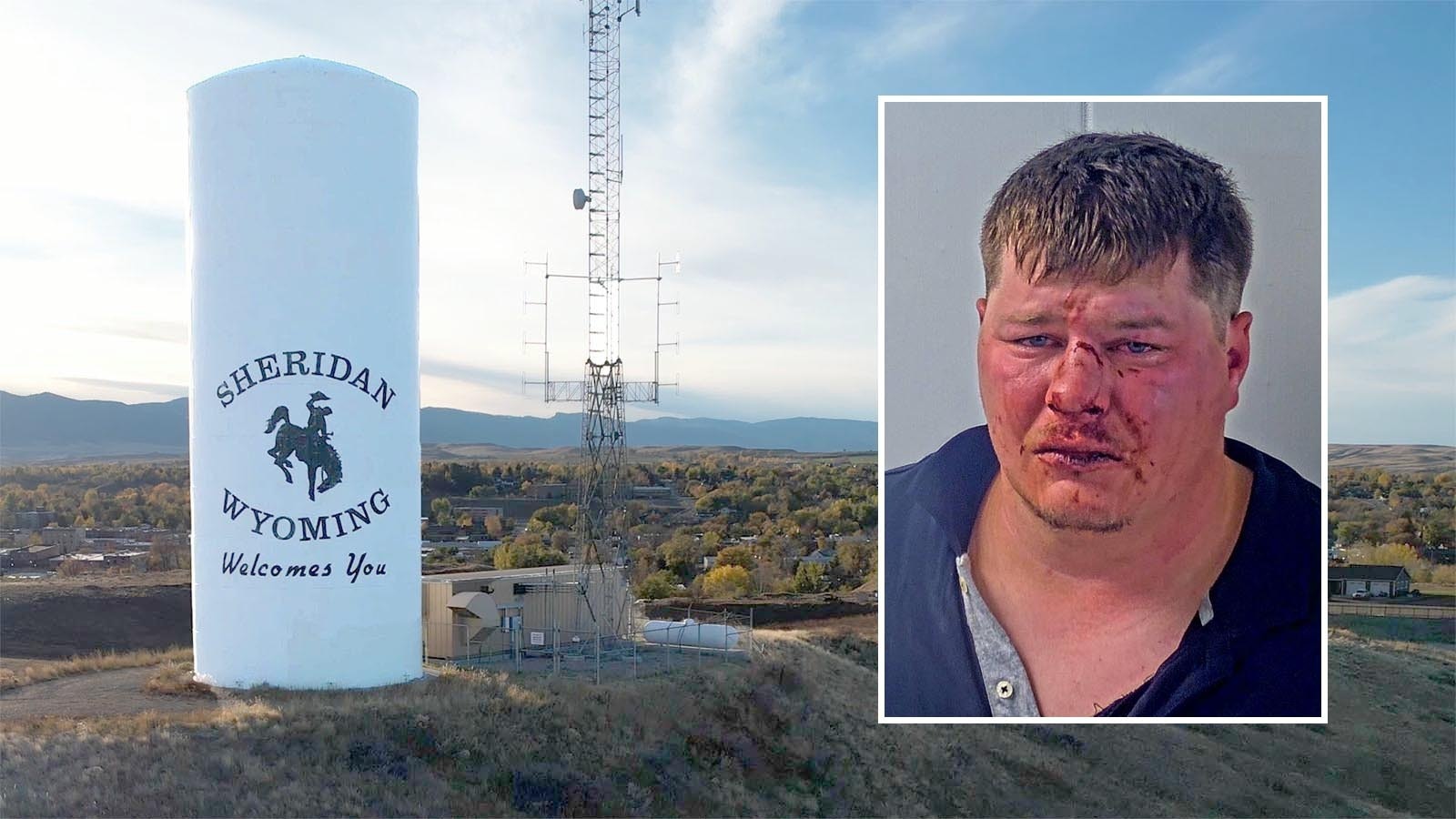As the latest example in a growing trend of text scams that impersonate state agencies, residents are being targeted by fraudsters posing as the Wyoming Department of Transportation. It’s a fake ticket scheme that highlights how hackers have gotten smarter, law enforcement and cybersecurity experts told Cowboy State Daily.
In targeted messages, fraudsters posing as WYDOT threaten people with the immediate loss of their driving privileges if action isn’t taken on unpaid citations or toll bills.
They instruct people to follow a link to a spoofed version of the WYDOT website where they can issue payment.
Tailored Scams
The scam provides examples of how cybercriminals have gotten better at looking legit, said Natalie Demple, security expert with the firm CyberWyoming.
“What makes this scam particularly deceptive is its use of what we call a ‘half story,’ elements that are partially believable,” Demple said in an email. “For example, referencing the Wyoming Department of Vehicles (which sounds plausible) and targeting phone numbers with Wyoming area codes adds a layer of local credibility.
“Scammers are increasingly tailoring their approaches to appear more localized, because that specificity boosts their success rate. People are more likely to respond if a message feels close to home.”
Wyomingites have proven susceptible to digital scams, officials with the FBI’s Internet Crime Center previously told Cowboy State Daily.
The crime center’s latest report shows online swindlers stole more than $43 million from Wyoming residents in 2024, the third highest scam losses per capita.
This week’s scam feels smartly tailored to a state where residents are known to drive a lot, said Doug McGee, public affairs officer for the Wyoming Department of Transportation, who explained how spread apart communities and rural economies lend themselves to lots of time at the wheel.
“I think we drive more than almost any other state. So when you threaten that ability to travel, to live your life and work your job, it makes people here pretty nervous. It would be a difficult situation if it was legitimate and any uncertainty makes folks antsy,” he said.
WYDOT does not track fraud cases and cannot confirm if any residents have fallen prey, with one anecdotal exception. A resident yesterday called WYDOT to ask about the message, then immediately ended the call in a panic when he discovered it was a scam, McGee explained.
In addition to driving far, Wyoming residents drive at the fastest average speeds long distance, suggesting residents have experience getting speeding tickets, which result in warrants when going unpaid.
Even as scammers have gotten smarter, they are still making mistakes. In this case, they used the moniker Department of Motor Vehicles, which is not actually an agency in Wyoming. Similar to other states’ DMVs, Wyoming operates a Driver Services Program.
WYDOT also does not rely on text messages for driver’s licence issues, said McGee.
Educating Public V. Educating Scammers
While McGee takes the approach of publicly sharing as much detail about the scammers missteps, other law enforcement entities choose to be less distinct in their public warnings for fear it could make the work of fraudsters easier.
Jason Mower, public affairs officer for Sweetwater County Sheriff's Office, said he experienced a moral dilemma when crafting the agency’s public response to this week’s scam.
Initially, he’d written a line-by-line, detailed dissection of the fraud's flaws, from its formatting to word choice.
“But it became a moment for reflection and then I'm between a rock and a hard spot, because if I share all those details and publish them on our Facebook page, am I actually educating future scammers to be even more convincing than they already are?”
Sweetwater County has long dealt with spoofs of this sort.
This week’s WYDOT impersonation comes on the heels of a jury duty scam that falsely summons and cites residents for failures to comply before soliciting payment. Mower says this is a perennial scam that arrives every year at the same time the county is known to issue legit summons.
Scammers have even figured out how to spoof local phone numbers and dial Sweetwater County residents posing as real figures from the Sheriff's Office, Mower explained, creating a sense of legitimacy.
“They're getting better and better and more and more detailed and convincing. And the way they reach out and contact you is new and evolving all the time,” he said.
Hackers continue to improve their skills in replicating the marketing materials, logos and email addresses of companies and state agencies, CyberWyoming’s Demple explained to Cowboy State Daily. The most commonly mimicked companies in Wyoming are USPS, PayPal, McAfee, Amazon, and Best Buy’s Geek Squad, but they are increasingly mimicking state agencies.
Explaining the logic behind Sweetwater County Sheriff’s approach to prevention, Mower said, “We’ve decided to promote awareness by reducing the whole thing to the common denominators. Without educating scammers about exactly how jury duty works, I can reduce it to the simple principles that everybody can understand.
“For example, you're never going to get a real jury summons by a random phone call or text message. That’s never going to happen.”
Zakary Sonntag can be reached at zakary@cowboystatedaily.com.





